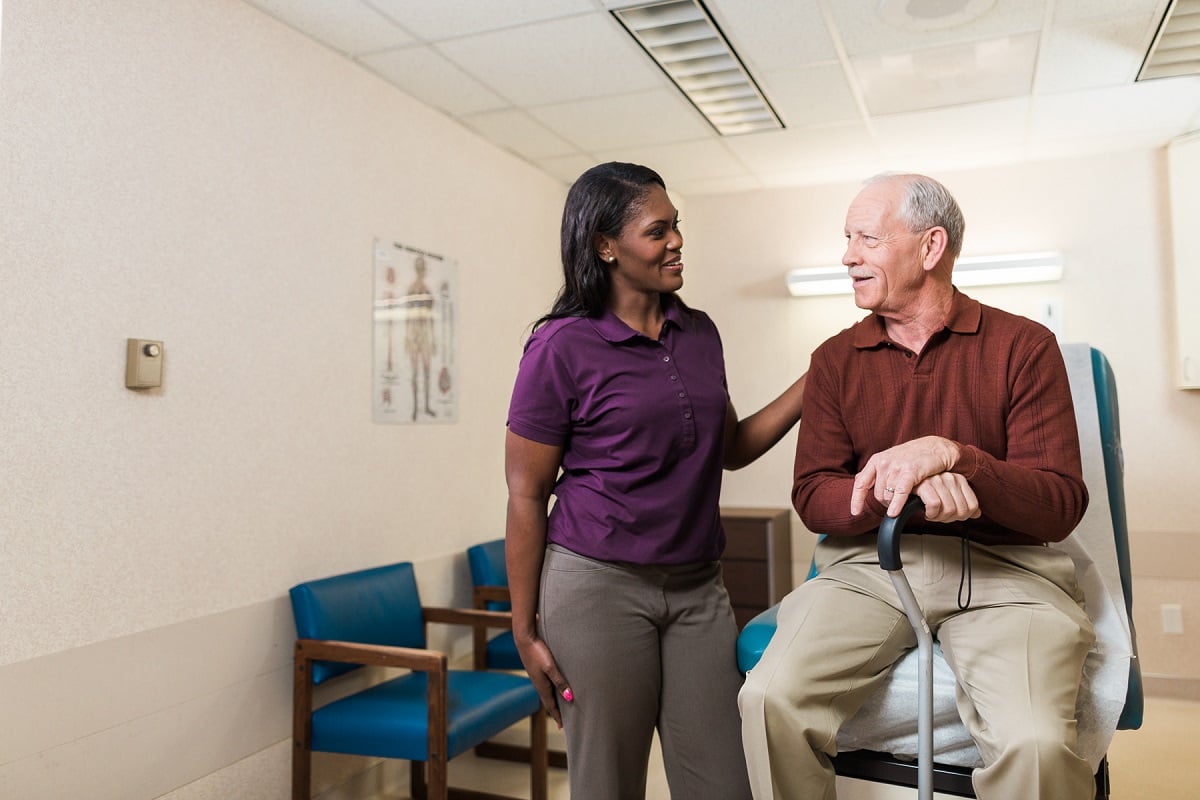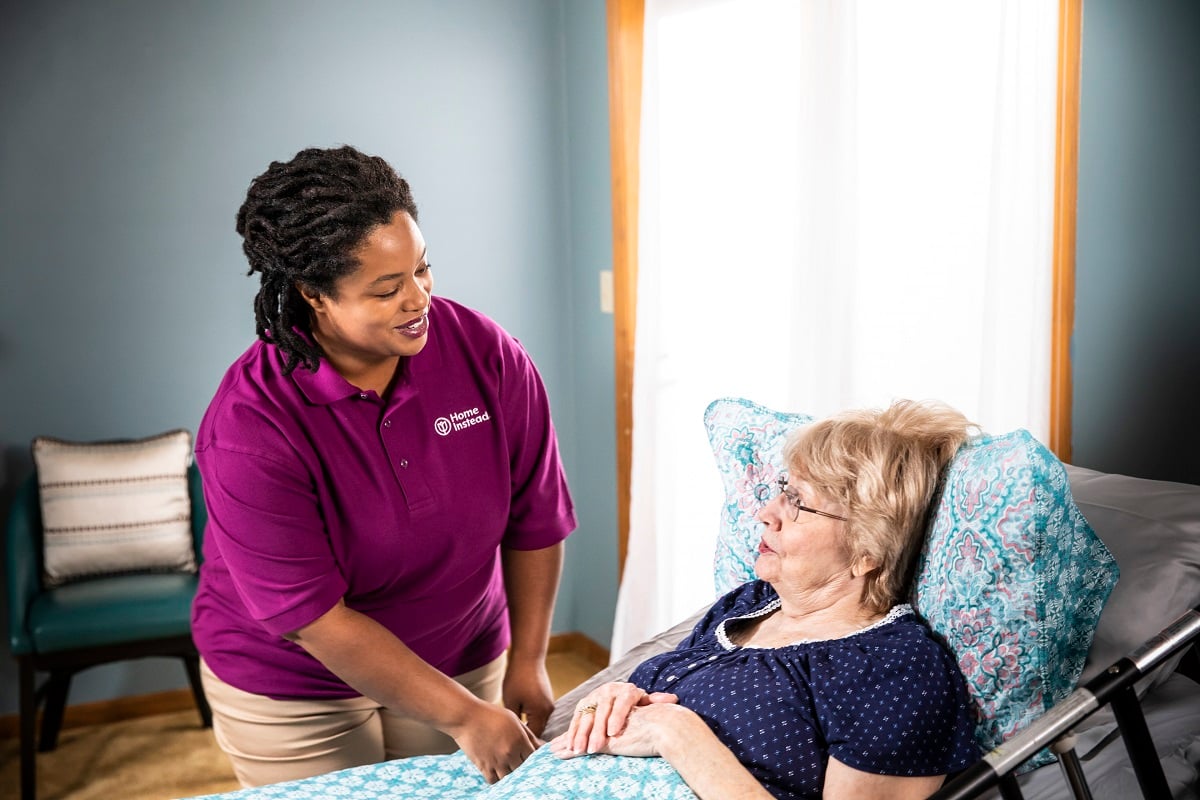Many times, when returning home from the hospital to begin recuperation, some home medical equipment may be necessary. Your love one’s medical team can provide a list of equipment and materials needed, including whether a prescription is required (e.g. home oxygen) and if insurance covers the costs.
Common Home Medical Equipment and Supplies
- Cane
- Wheelchair
- Hospital bed
- Walker
- Raised toilet seat
- Shower chair
- Grab bars
- Colostomy care items
- Oxygen
- IV equipment
- Respirator
- Disposable gloves
- Incontinence briefs
Some of these items, such as walkers, wheelchairs and hospital beds, are reusable and considered "durable medical equipment." Individuals with Medicare Part B can typically get durable medical equipment as long as the equipment is deemed medically necessary.
Renting Vs. Buying
More expensive equipment can often be rented instead of purchased. In fact, Medicare may require it. In the instance where you have a choice, the American Elder Care Research Organization offers the following considerations in the article, When to Rent vs. Buy Home and Durable Medical Equipment.
1. Consider the length of time you will need the equipment and compare the rental costs over that time versus the upfront costs for full purchase.
2. If you purchase, determine how easy or difficult it will be to resell the equipment once it’s no longer needs it.
3. Rental agreements often cover maintenance and air, but a purchase may not come with such a warranty. Consider the technical level of the equipment – those with more electronics might require frequent maintenance, which could increase costs.
4. If your loved one lives in different locations over the course of the year, think about the costs to transport purchased equipment versus renting materials at each location.
5. Look at an older adult's budget and see if it can support a high upfront cost or if lower monthly payments would be more manageable. If the budget is tight, consider seeking assistance from Veteran's associations, healthcare foundations and other state and local nonprofits.
Once you're ready to get the equipment, ask healthcare providers for references for local and trusted medical equipment suppliers. Be sure you are going to a covered provider if using a Medicare Advantage plan or long-term care policy. You can then work with your vendor to make sure the equipment is delivered and in working order prior to your loved one's discharge from the hospital.
Having everything ready in advance for your loved one's return from the hospital may help improve their comfort level, increase chances for a successful recovery and reduce stress for everyone.
Personalized Senior Care





